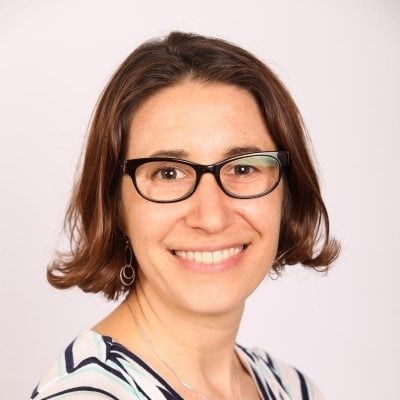Greetings from Peru. Today was a full day in Iquitos. I traveled for several hours by a large, elongated motor boat up the Amazon River to a typical small fishing village where AJWS’s long-term partner Minga Peru is located. Founded in 1998, Minga Peru works with the indigenous populations of the Peruvian Amazon to empower women and promote gender equity. Minga brings community leaders, health workers, youth and traditional healers together to produce radio programs, training materials and community workshops. These programs address human rights issues and teach income-generation methods, sustainable agricultural techniques to address food crises and reproductive healthcare. With AJWS support, Minga has developed “Communications for Social Change”—an initiative to build grassroots communication capacity, transmit knowledge and conduct skill-based trainings so that Minga’s constituents can create their own campaigns to combat discrimination and seek equality.
I went to the Minga training center and met women who are health promotoras who talked about going to their first training 6 or 7 years ago. Initially, they had no idea why they had been invited, hid in the back, and were very reluctant to talk at all, much less about their problems which often involved domestic violence. Now they are proud community leaders speaking up and speaking out, training others and demanding that the government provide lunch services to the poor children in their villages. I talked to some men who have been to Minga Peru’s trainings as well. They told me about their improved relationships with their wives and how they have developed a new level of respect and pride in women’s roles and achievements. The same can be said for two 16-year-old boys who described themselves as having been “mean,” and has “having drunk too much.” Now these boys are counselors among their peers, with long-term goals and a desire to help make change.
It is personally incredibly rewarding to see women change so much, and to witness the impact their change has on their families, communities and on society at large. Gender equity is an essential part of building sustainable communities and ensuring that people’s essential needs—food, water, health—are not just privileges but enduring realities.
AJWS’s work in countries and communities changes over time, responding to the evolving needs of partner organizations and the people they serve. To learn where AJWS is supporting activists and social justice movements today, please see Where We Work.

